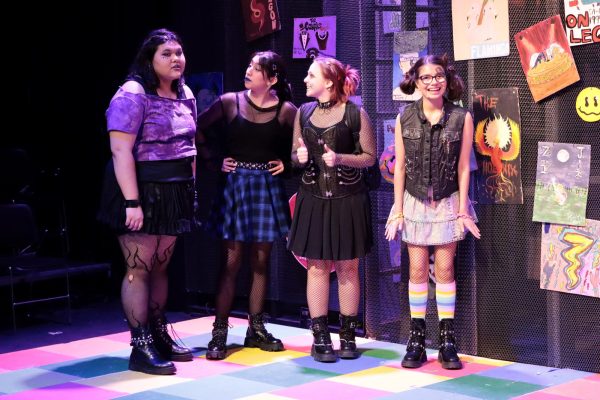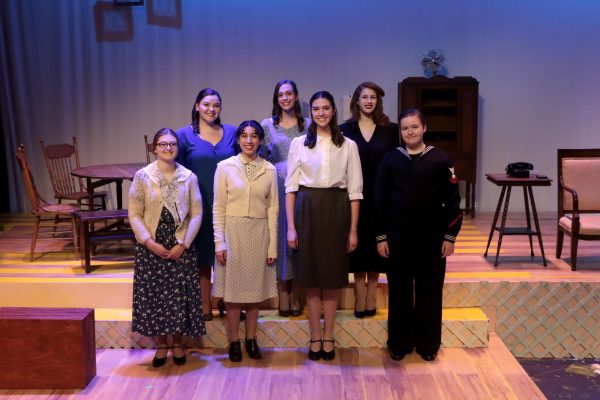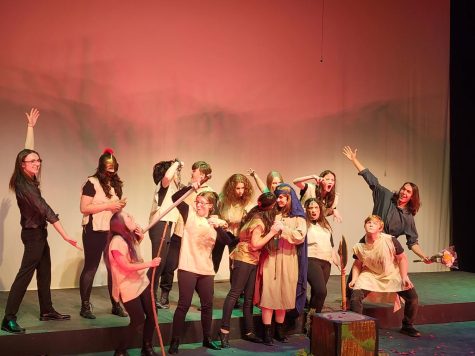Samurai Champloo Review
“Samurai Champloo” is a 2004 anime developed by studio Manglobe and directed by Shinichirō Watanabe, director of “Cowboy Bebop.” In a similar vein to the famous fusion of space settings and jazz music utilized in “Cowboy Bebop,” “Samurai Champloo” mixes it up by featuring hip-hop music while taking place within Edo period Japan. Considered by many as a spiritual successor and counterpart to “Cowboy Bebop,” “Samurai Champloo” has been critically acclaimed in the anime industry.
“Samurai Champloo” starts off by introducing the main trio of characters Fuu, Mugen, and Jin as the three fatefully meet in a tea house. While Fuu is a clumsy girl with no fighting skills, Mugen and Jin are deadly swordsmen wandering the land. The three meet when Mugen picks a fight with Jin in the tea house and both end up getting arrested. Fuu is forced to leave the tea house and decides to set out on a search for a mysterious Samurai described only as “the samurai who smells of sunflowers.” The two are scheduled for execution, but Fuu derives a plan to break the two out to get them to help her find the mysterious Samurai.
The characters of “Samurai Champloo” are incredibly nuanced. Mugen is an uncontrollable, hot-headed fighter who picks fights, while Jin is a stoic and reserved swordsman who lives by an honor code. In the main trio, each character has an equal level of importance toward the overarching narrative. Fuu’s search provides the framework of the plot, Mugen’s character represents the theme of personal freedom, and Jin’s backstory plays into a greater plot element which parallels the end of the age of the Samurai.
When I first watched “Samurai Champloo,” I knew I had found something special. This anime has an incredible atmosphere within its world, as its soundtrack perfectly resonates with each scene. I’ve never watched a show with as much subtle emotional expression as “Samurai Champloo.” As I watched the show, I became incredibly attached to the characters and world, so much so that I never wanted it to end. “Samurai Champloo” is an absolute 10 out of 10 in my eyes.





